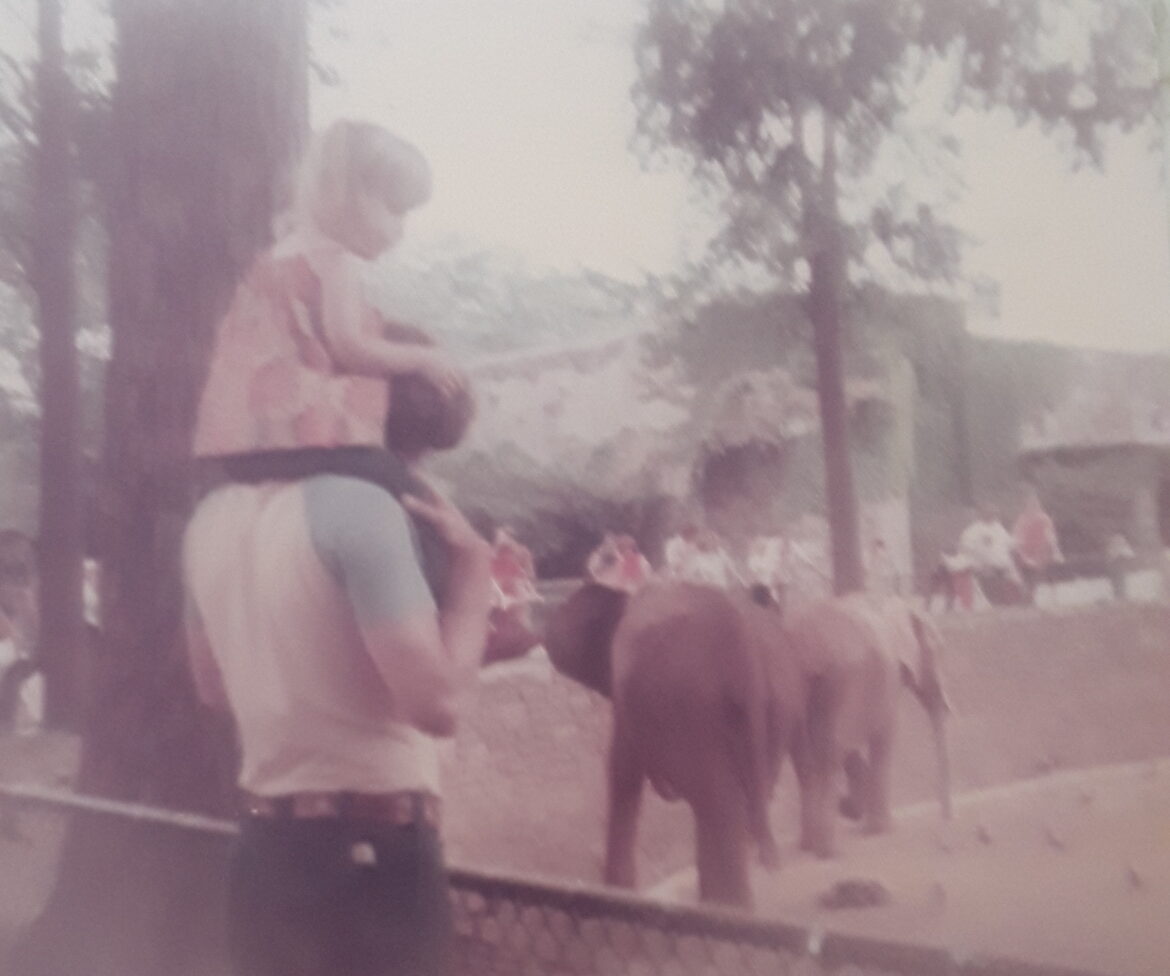Your dad is always your dad, even if he was only yours for four years.
By Billie Bakhshi
My dad is my dad. I said what I said. You can’t change my mind.
My therapist has tried to—or at least tried to change the words I use to describe my father.
Over my lifetime, I’ve called my father daddy. I’ve referred to him as my father or Steve.
But he was my dad.
My dad was an NPE (not parent expected). He grew up with a drunk mother and without ever knowing his own biological father. He bore his stepfather’s surname and wasn’t welcome at the stepfather’s family homestead over the holidays, unlike his two half brothers—his stepfather’s sons.
I find it interesting that my dad referred to his own missing biological parent as his “sire.” He seemed to be a stickler for labels and calling things by their proper names, although I suspect, in his case, his choice of label was heavily peppered with anger and resentment.
He never knew his father. Or why he left. Or why none of his father’s family sought him out.
But my dad—he was my dad until I was almost four years old.
But then he abandoned me.
My therapist thinks that because he left me, and because he never resurfaced, his title should be nothing more than sperm donor. She thinks by calling him dad I give him too much power and influence over me.
There is language in NPE, adoption, and donor conceived circles to describe family members and relationship roles, but it’s complicated. Words and roles—like dad, father, donor—just aren’t simply defined anymore, and I’ve had trouble unpacking the roles and titles in my life.
The dictionary is useless on this topic.
I had a great conversation with a friend I met in an NPE Facebook group. Our very first conversation was on the topic of fathers. She was donor conceived but was absolutely adamant that this man—the donor—was her father. So I asked her about my conundrum.
When I explained myself she said, “If your dad had died in a car wreck when you were four years old, would his title be changed to sperm donor because he wasn’t there for you anymore?”
I certainly don’t recall seeing “beloved sperm donor” etched on anyone’s gravestone in the history of ever.
My dad was my dad.
Period.
Even if it was for just short of four years.
He was mine. My dad.
You can’t change my mind.
Billie Bakhshi is now a fatherless daughter, a second generation NPE whose maternal grandmother was illegally adopted. Her mother was impounded at Booth Maternity Home for Unwed Mothers in Philadelphia, where Bakhshi’s sister, Donna, was given up for adoption through Catholic Charities. Bakhshi has half a dozen (maybe more) half siblings from her father. Where are they all? She’d love to know, too. Bakhshi lives in Las Vegas, Nevada with her husband, four children, a cockatoo, tuxedo cat, and neurotic chihuahua mix. You can follow her on Facebook and read more of her writing at The Family Caretaker. See her previous essay here and here.

Do you have a story to share? We want to hear from you. Find our submission guidelines here.
Please return to our home page to see more articles about genetic identity. And if you’re an NPE, adoptee, donor-conceived individual, helping professional or genetic genealogist, join Severance’s private facebook group.
BEFORE YOU GO…
- Please leave a comment below and share your thoughts.
- Let us know what you want to see in Severance. Send a message to bkjax@icloud.com
- Tell us your stories. See guidelines at https://severancemag.com/submission-guidelines/
- If you’re an NPE, adoptee, or donor conceived person; a sibling of someone in one of these groups; or a helping professional (for example, a therapist or genetic genealogist) you’re welcome to join our private Facebook group at https://www.facebook.com/groups/402792990448461
- And like us on Facebook at https://www.facebook.com/severancemag andfollow us on Twitter and Instagram @Severancemag


2 comments
I don’t understand what NPE is or means? I’m an adoptee .
Hi Donna. NPE stands for not parent expected or non-paternity event. These terms refer to people who have learned, usually through taking a DNA test, that a person they thought was a parent is not actually a genetic relative. It might happen as a result of an affair, a donor-conception, or a late-discovery adoption, among other situations. Most often, a person discovers that the person they thought was their father is not in fact their biological father.